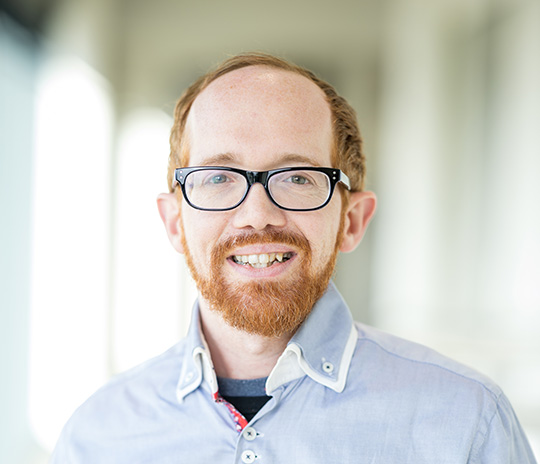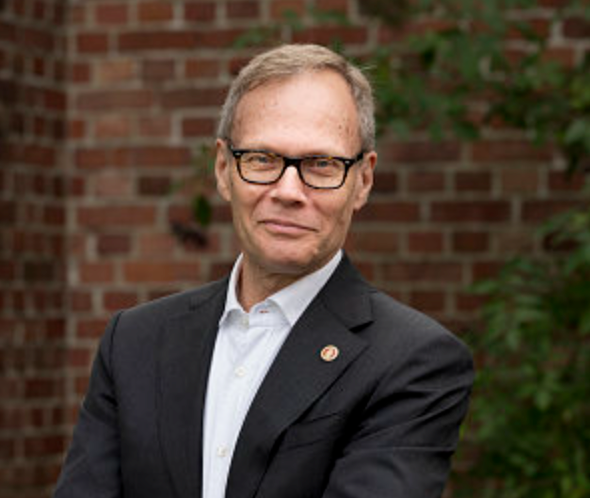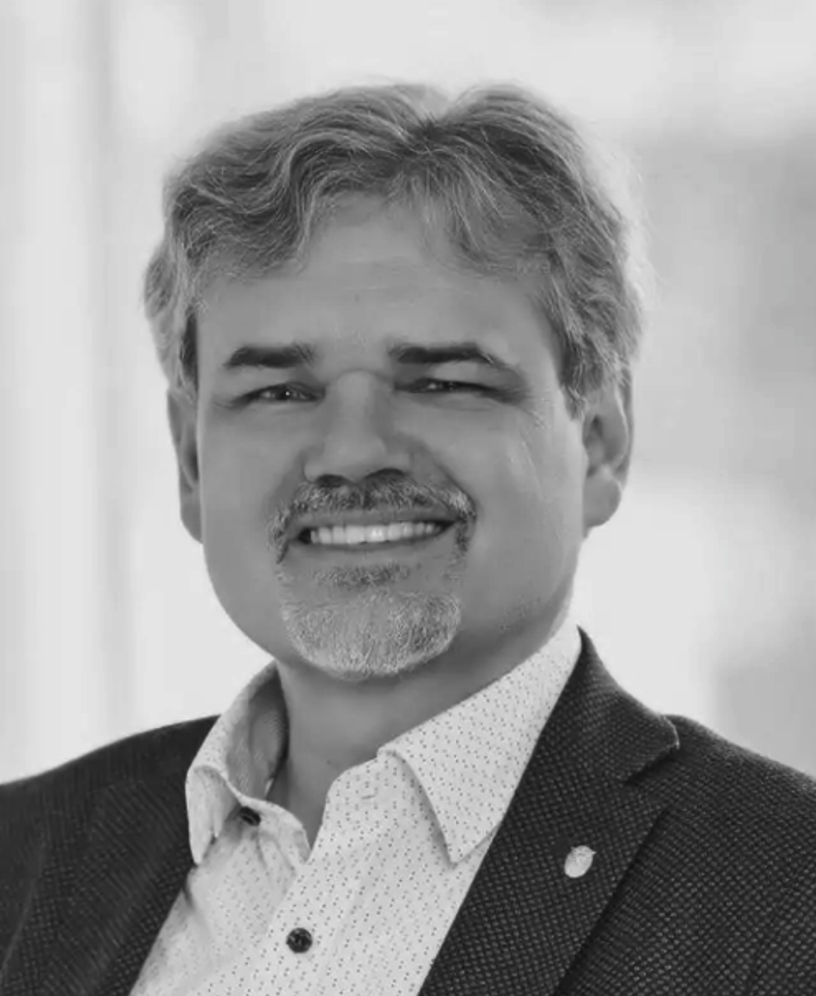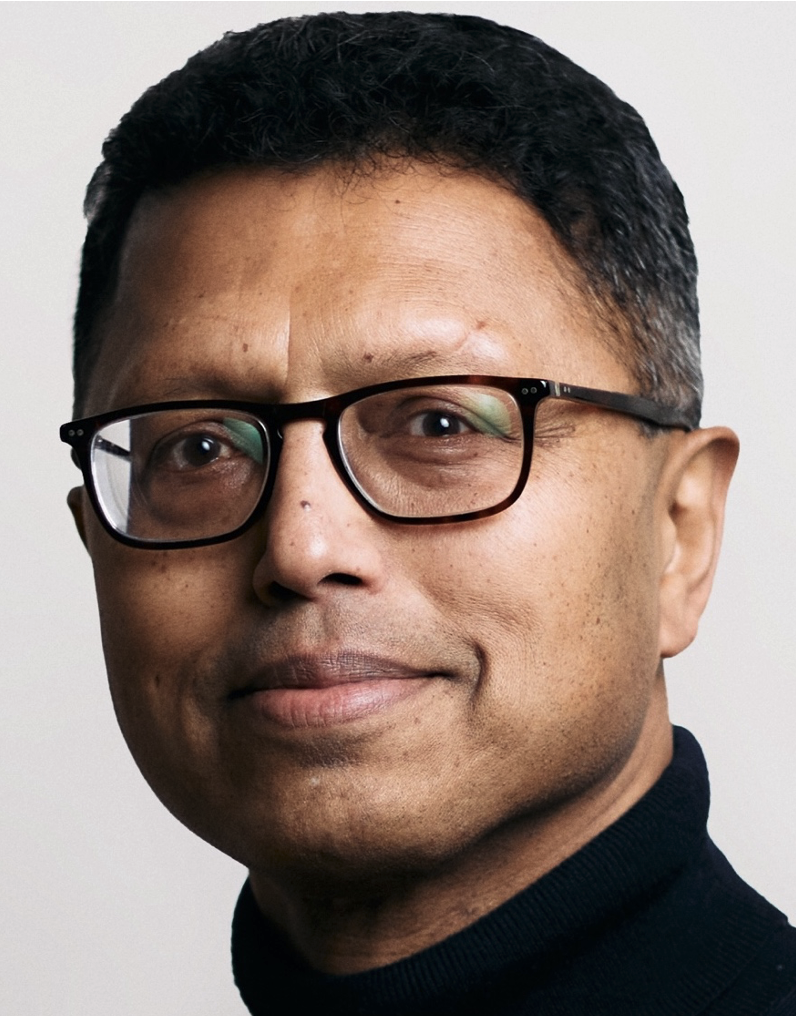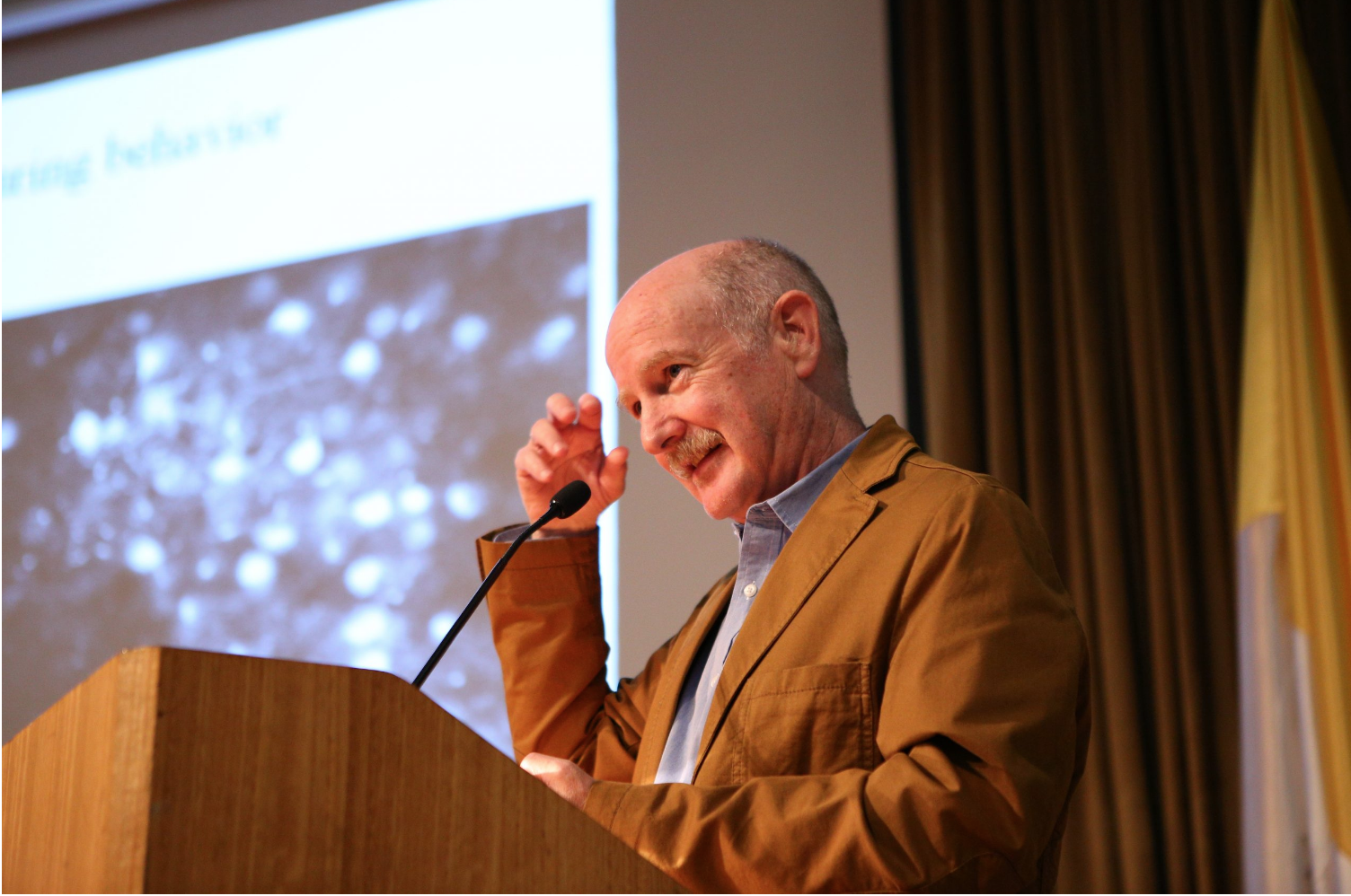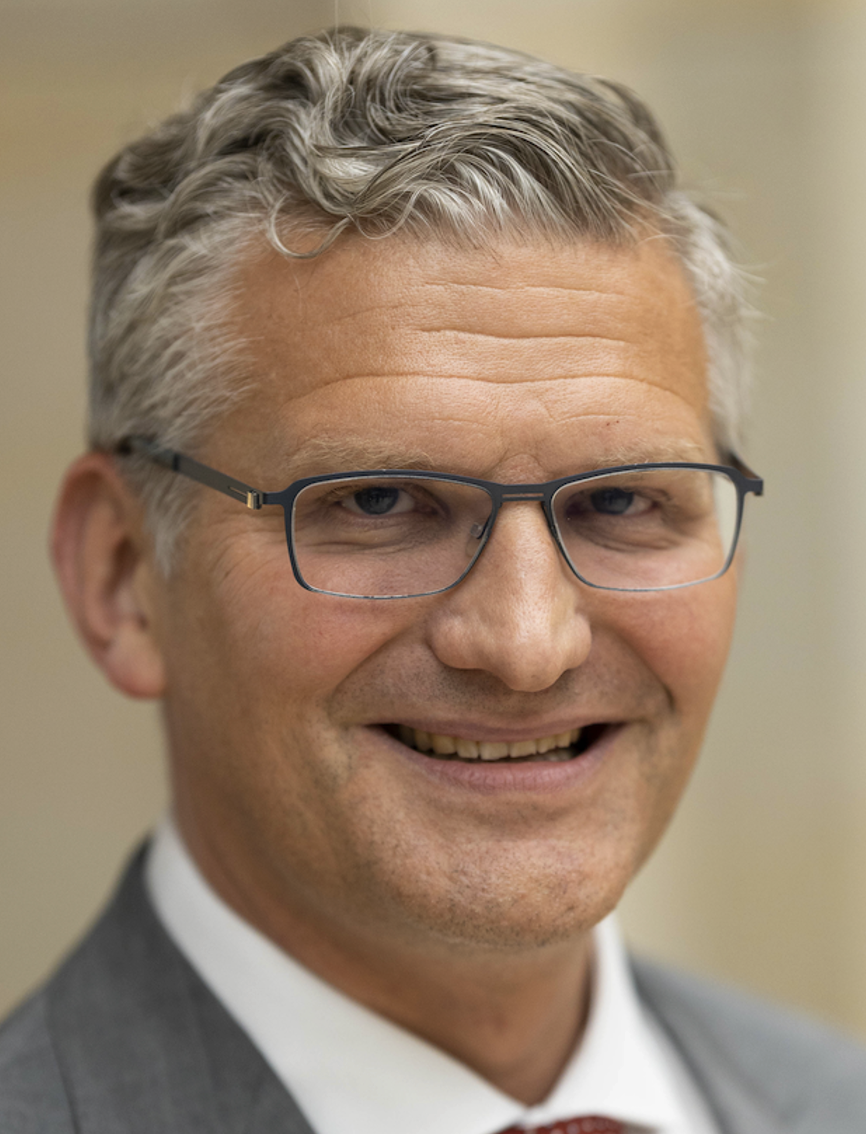Transforming Brain Research and Medicine
The EBRAINS Summit unites people working in neuroscience, technology, and policy from across Europe for four days of discussion, learning, and collaboration – with a focus on how the EBRAINS Research Infrastructure can support research questions and contribute to addressing real-world challenges.
What to Expect
The EBRAINS Summit 2025 will offer a diverse programme designed for researchers, institutions, innovators, and decision-makers. Taking place over four days in Brussels, the event includes keynote talks, open discussions, poster sessions, live demonstrations, and hands-on workshops. The EBRAINS Summit exhibition area - a lively space that connects participants with advanced tools, research, and infrastructure - will be open from 9-11 December. Whether you're sharing your work, exploring new tools, or building new partnerships, there’s something for every part of the neuroscience ecosystem.
For the most up-to-date version of the programme, please check the EBRAINS Summit 2025 app.

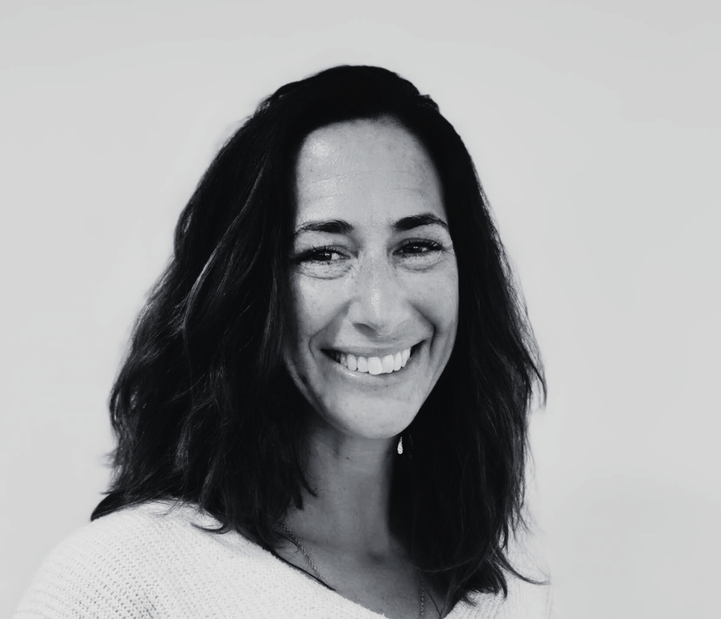
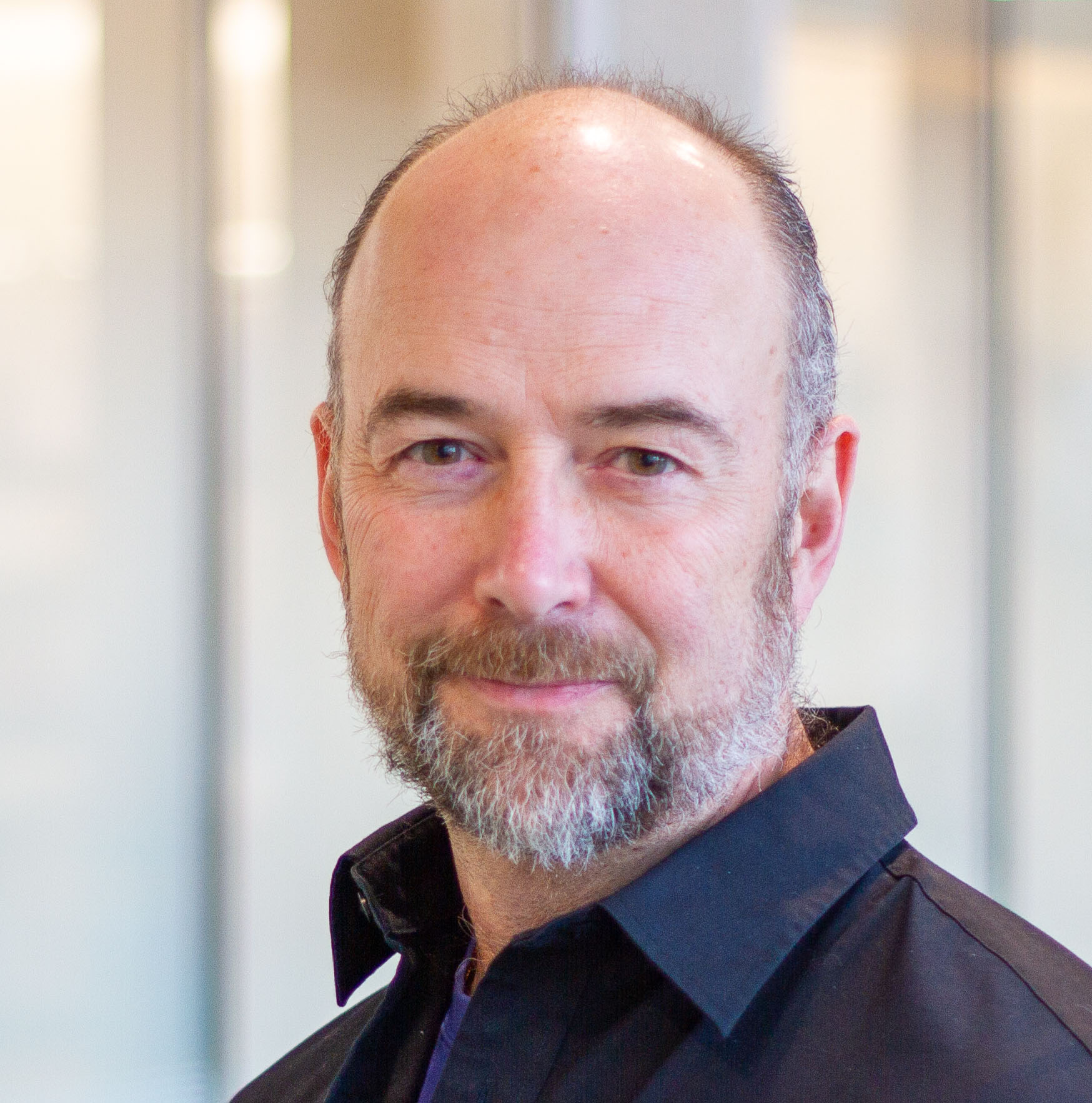

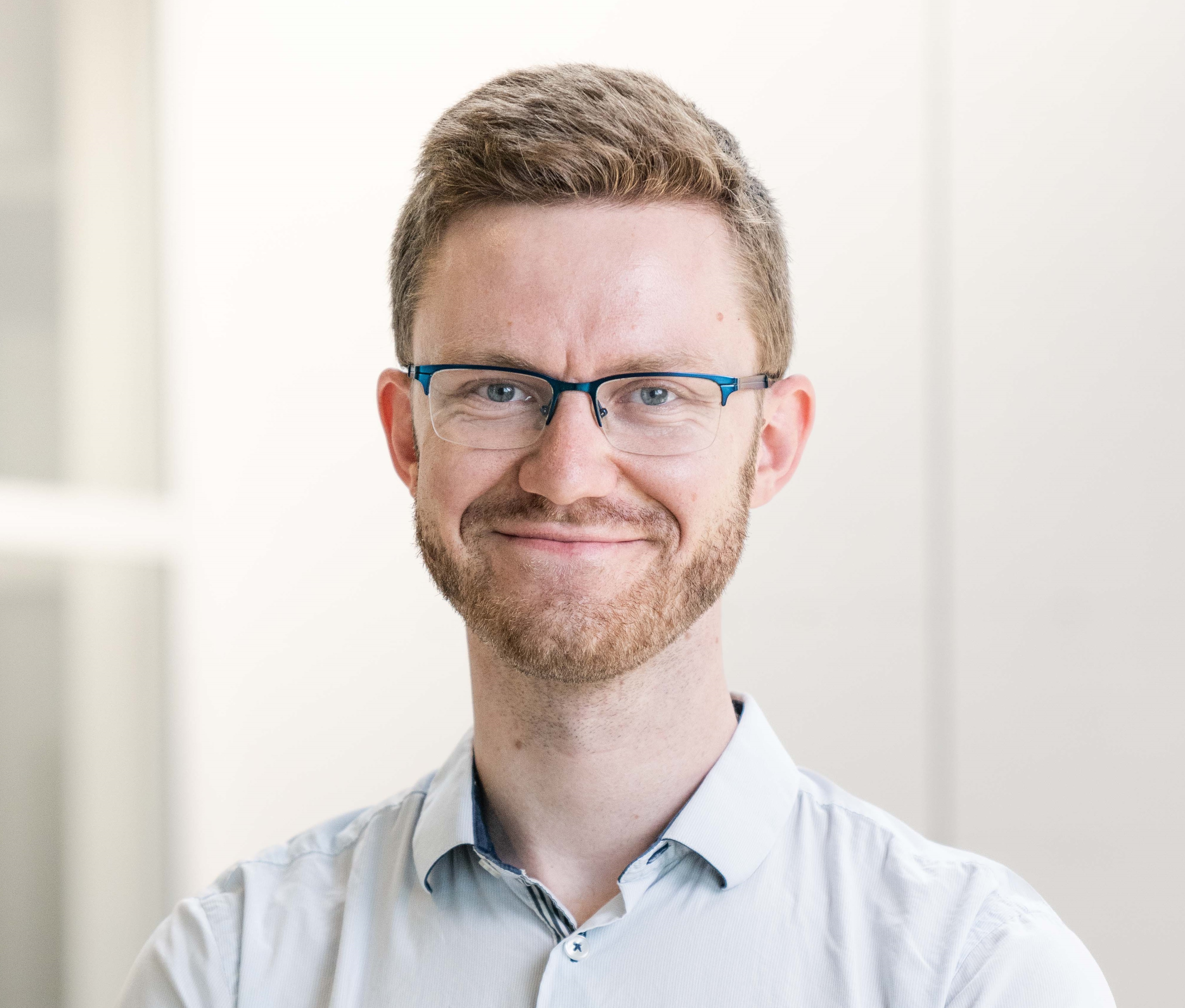

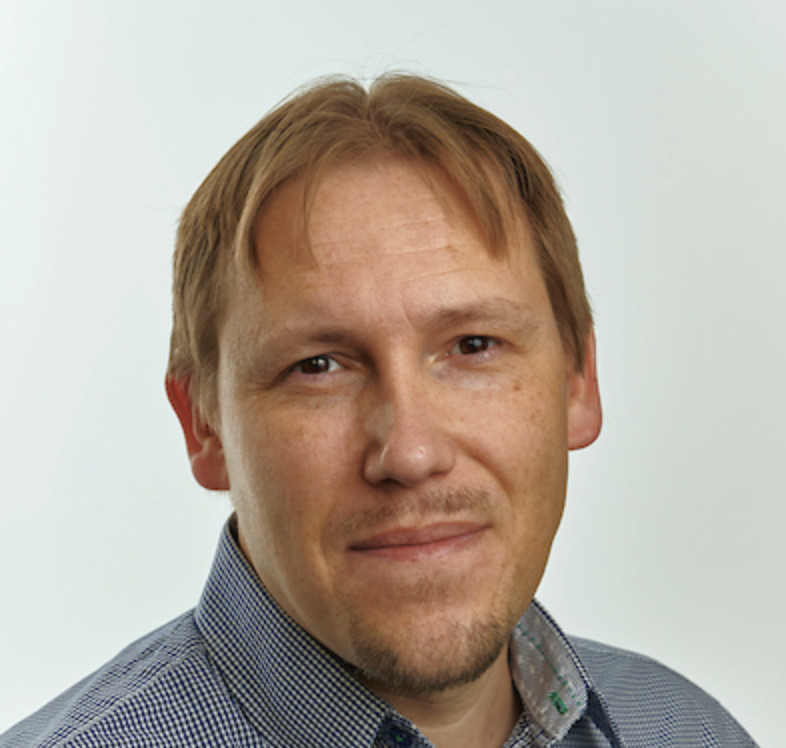
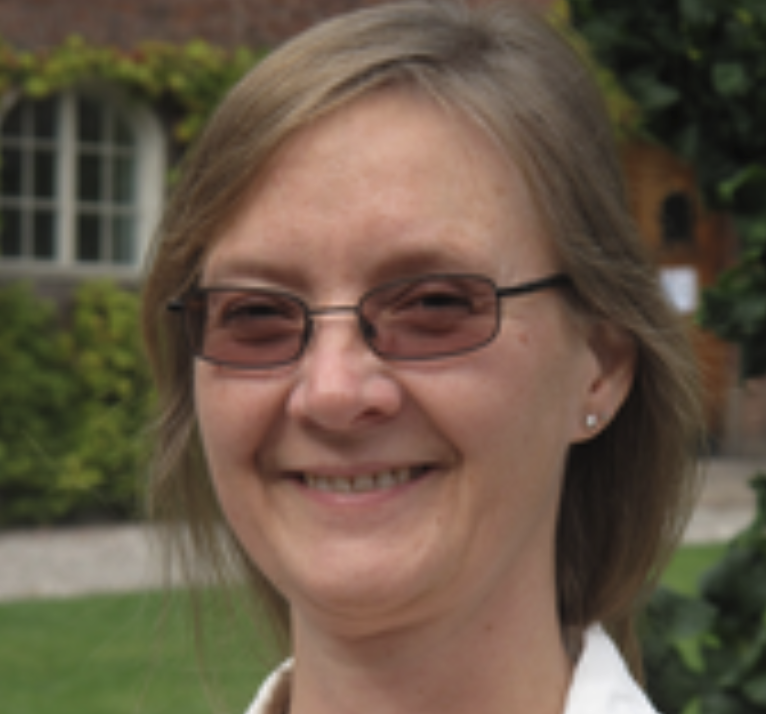


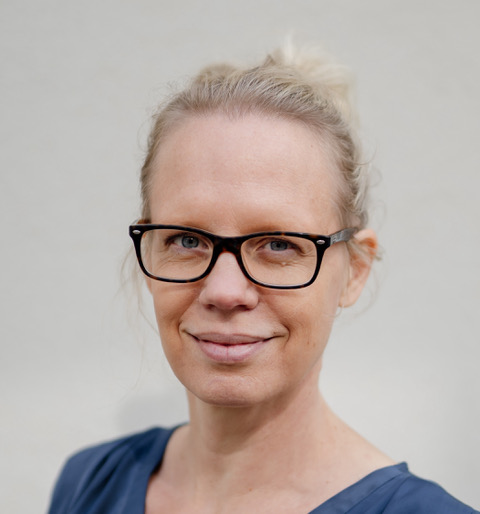



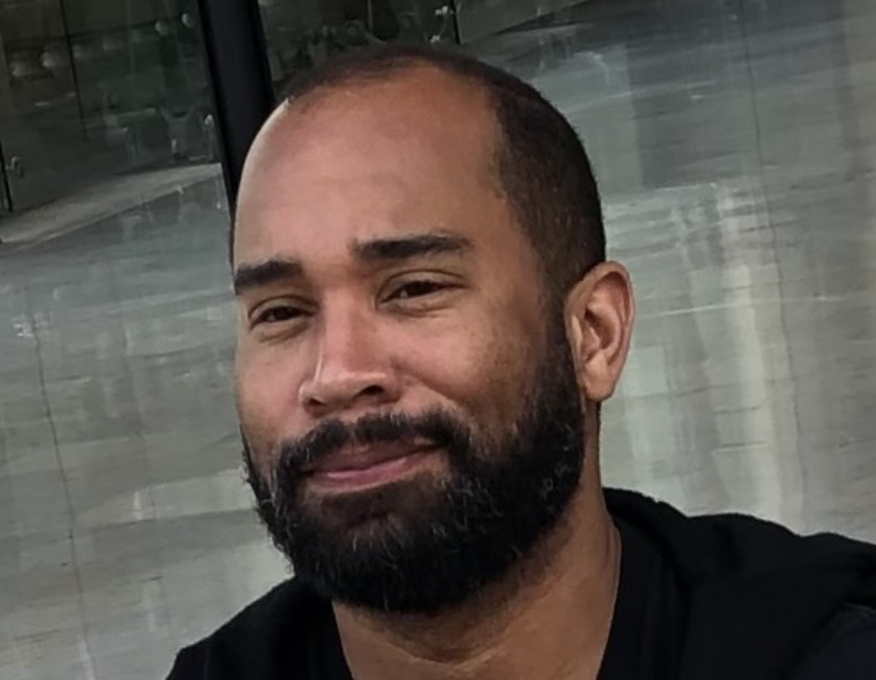


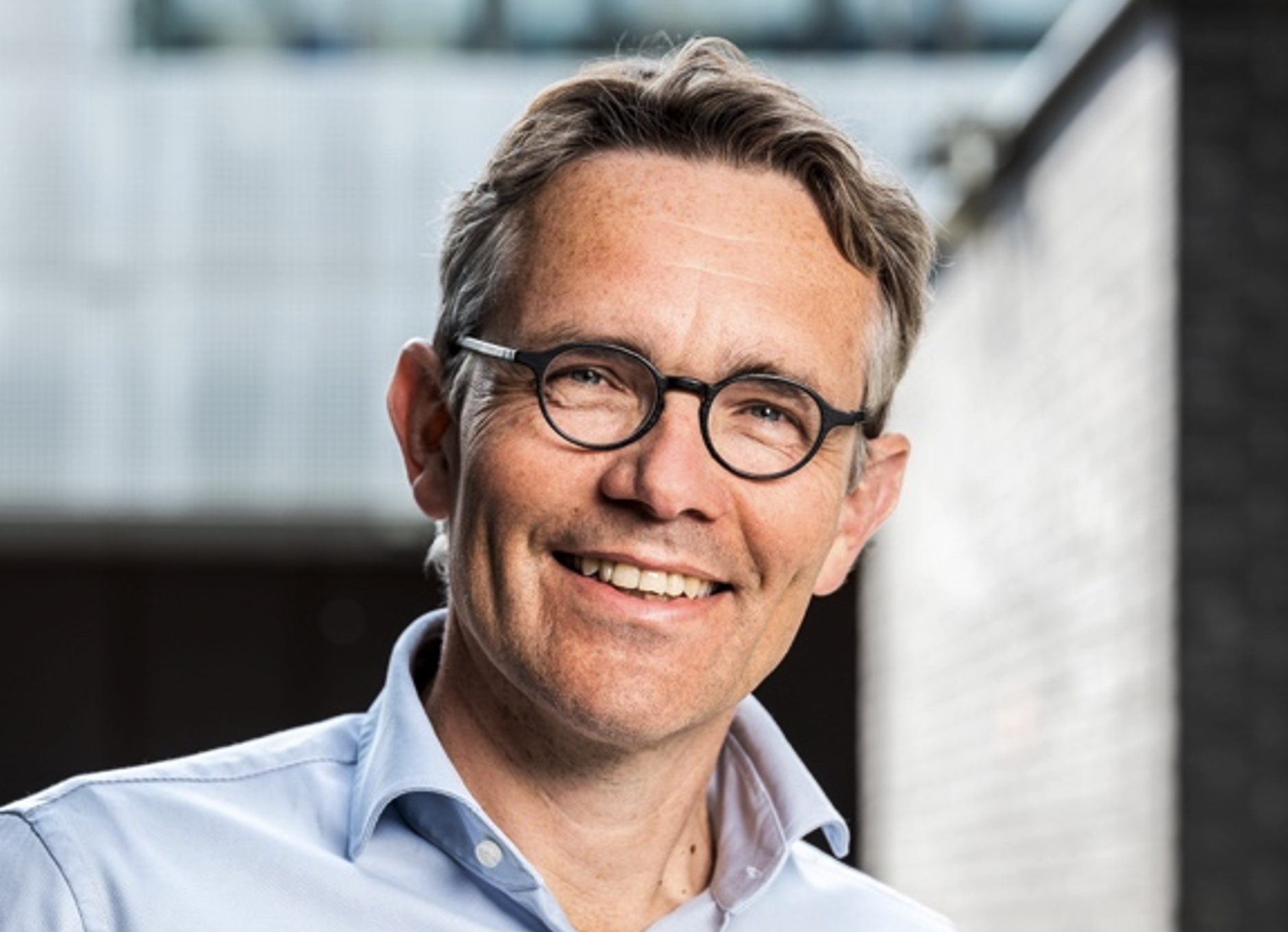
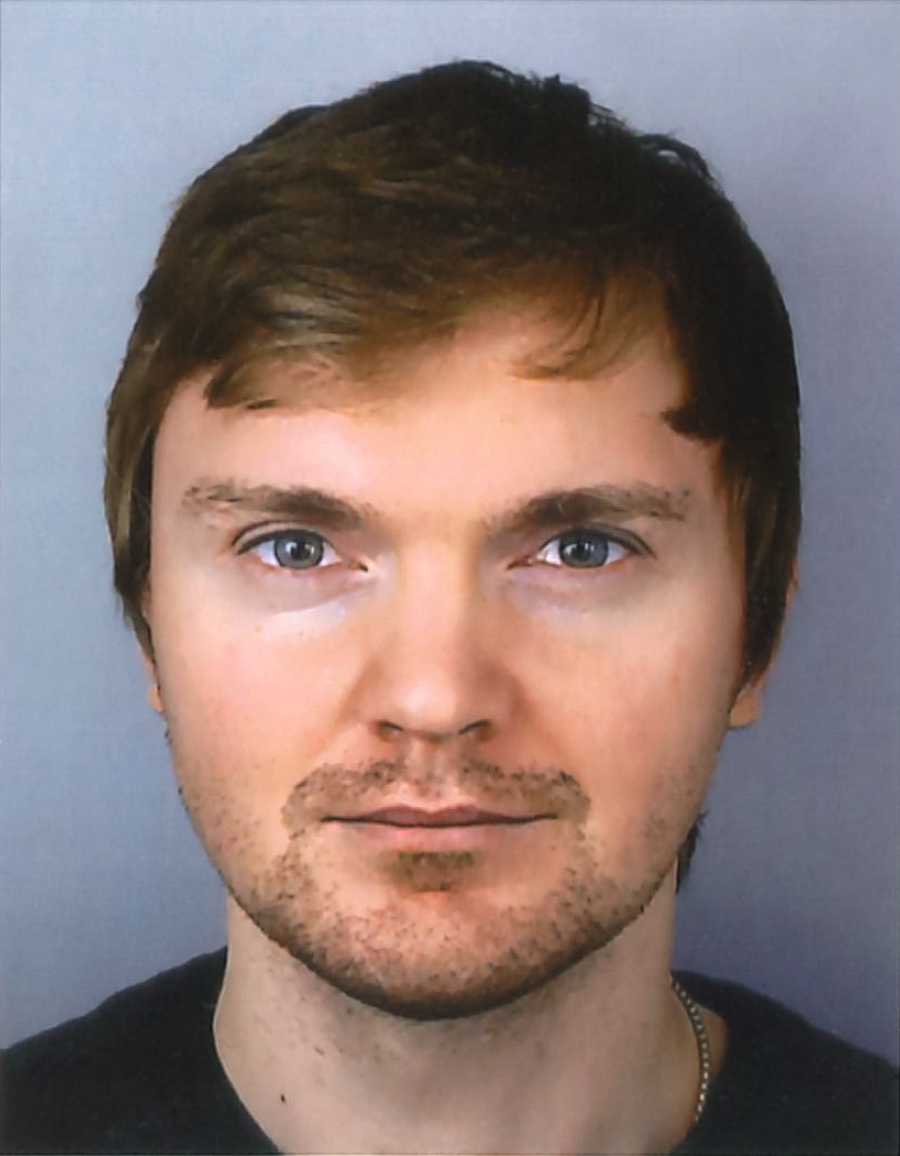
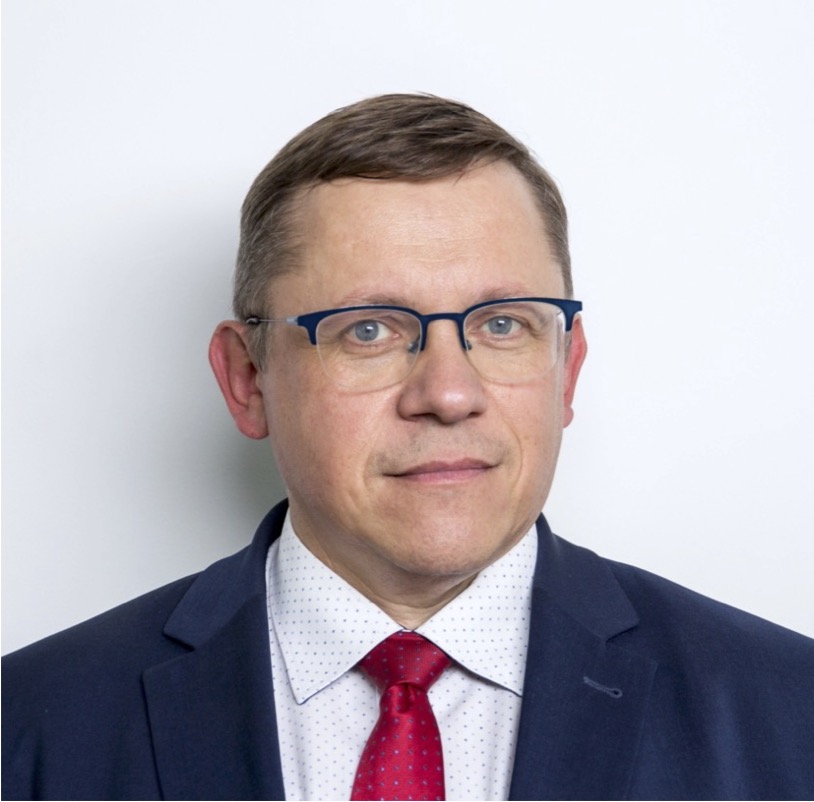
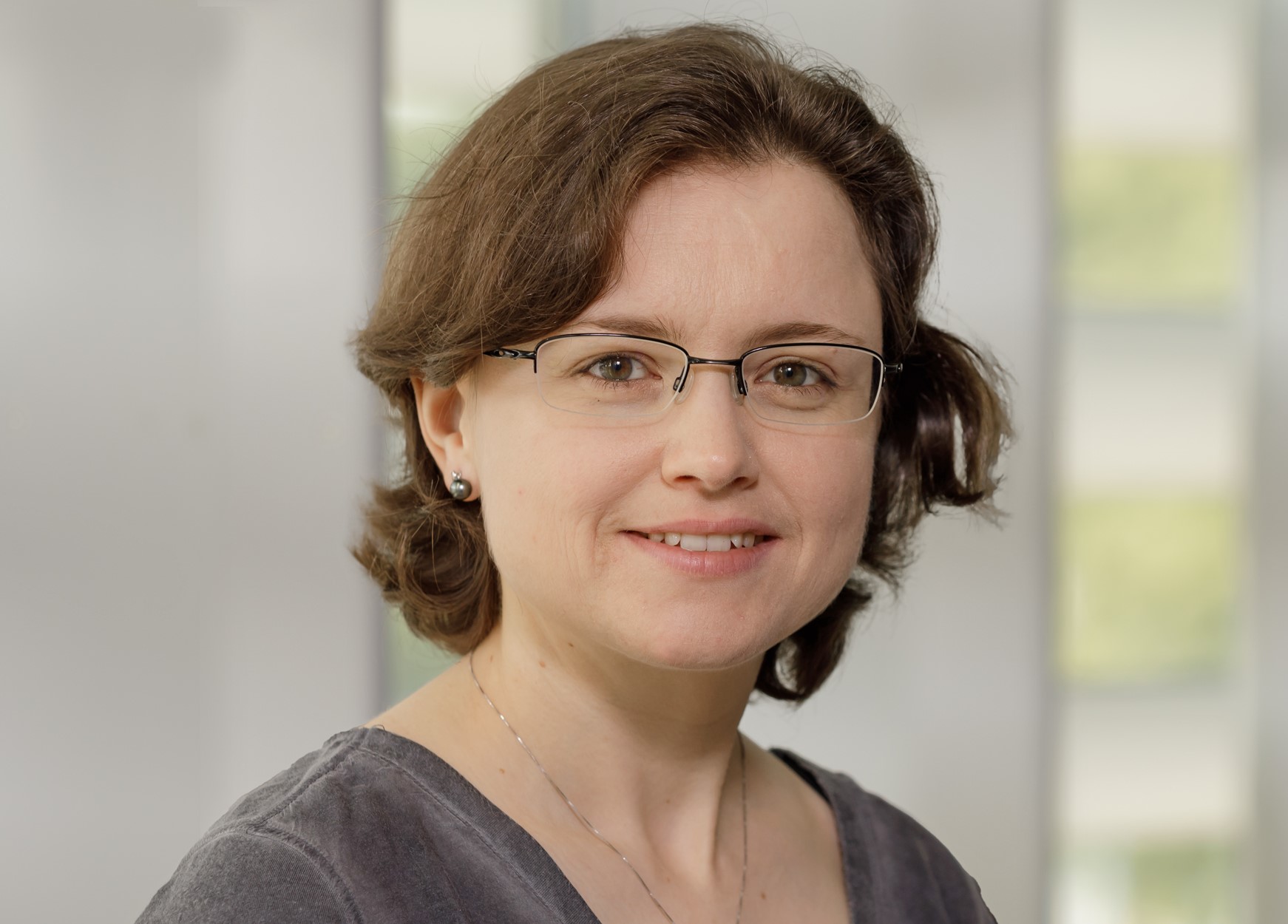

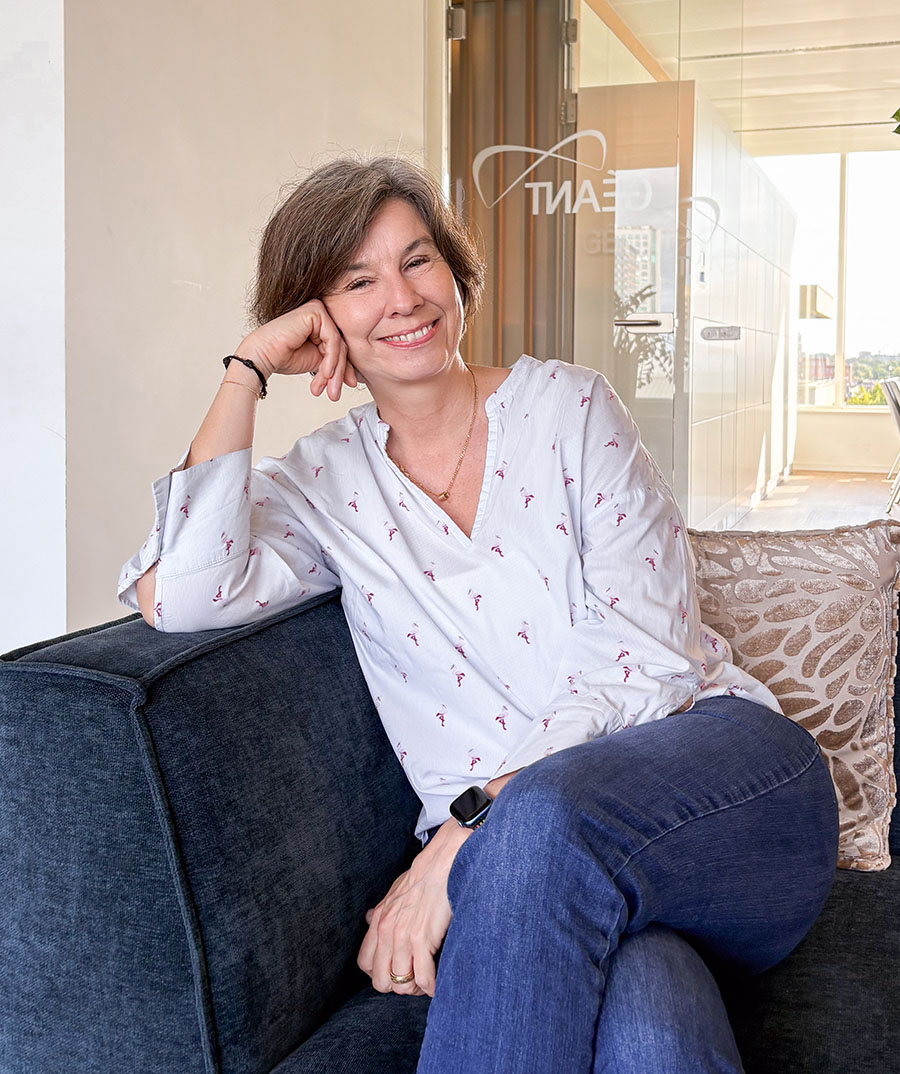
_Mareen_Fischinger_Forschungszentrum_Juelich.jpg)
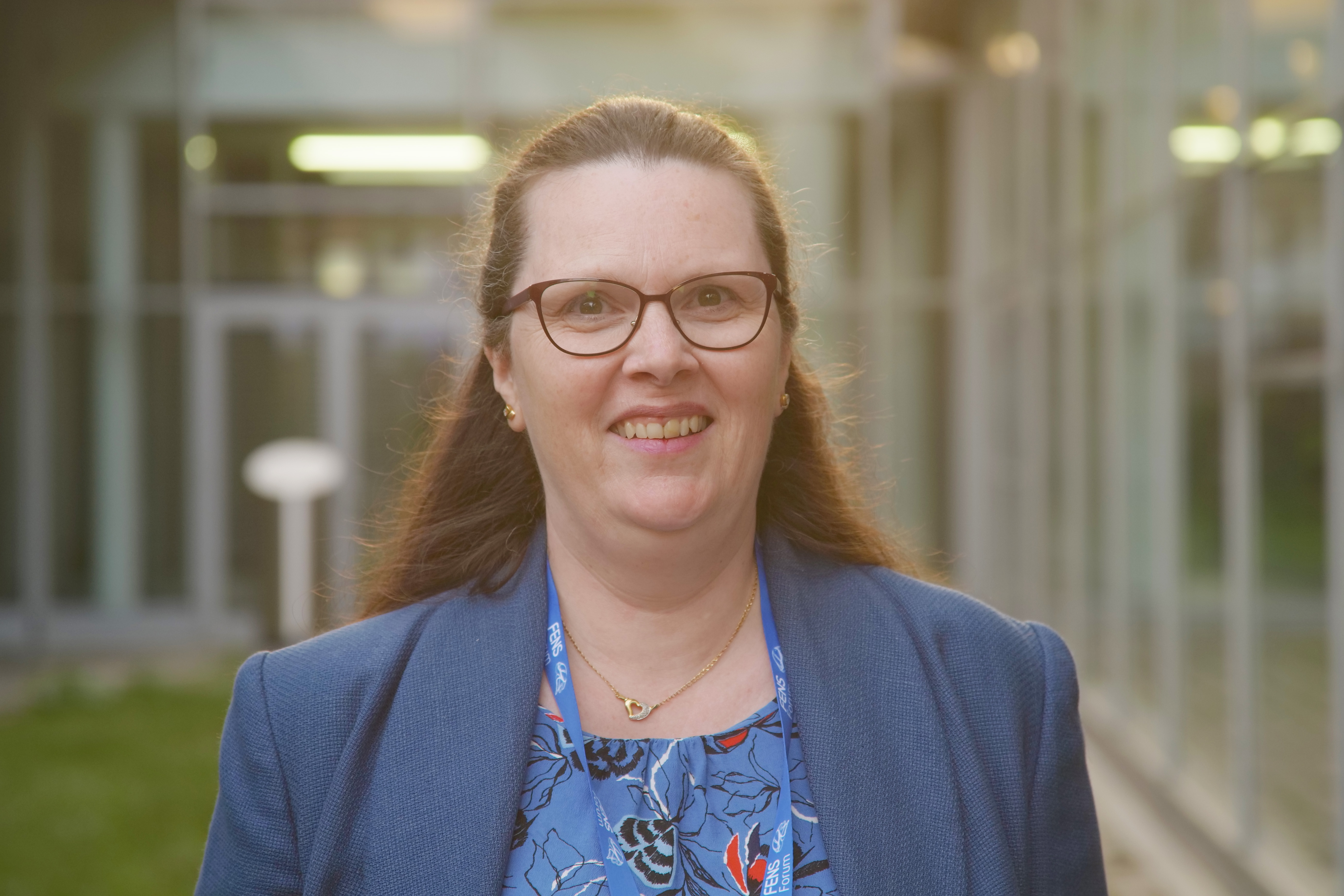
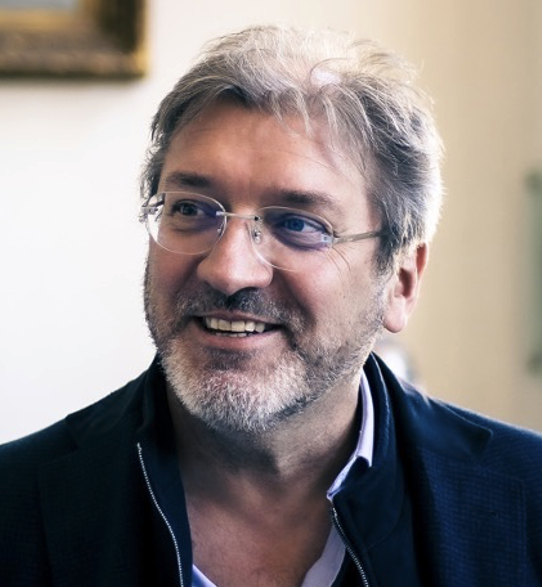
%20CEA%20(1).jpg)
